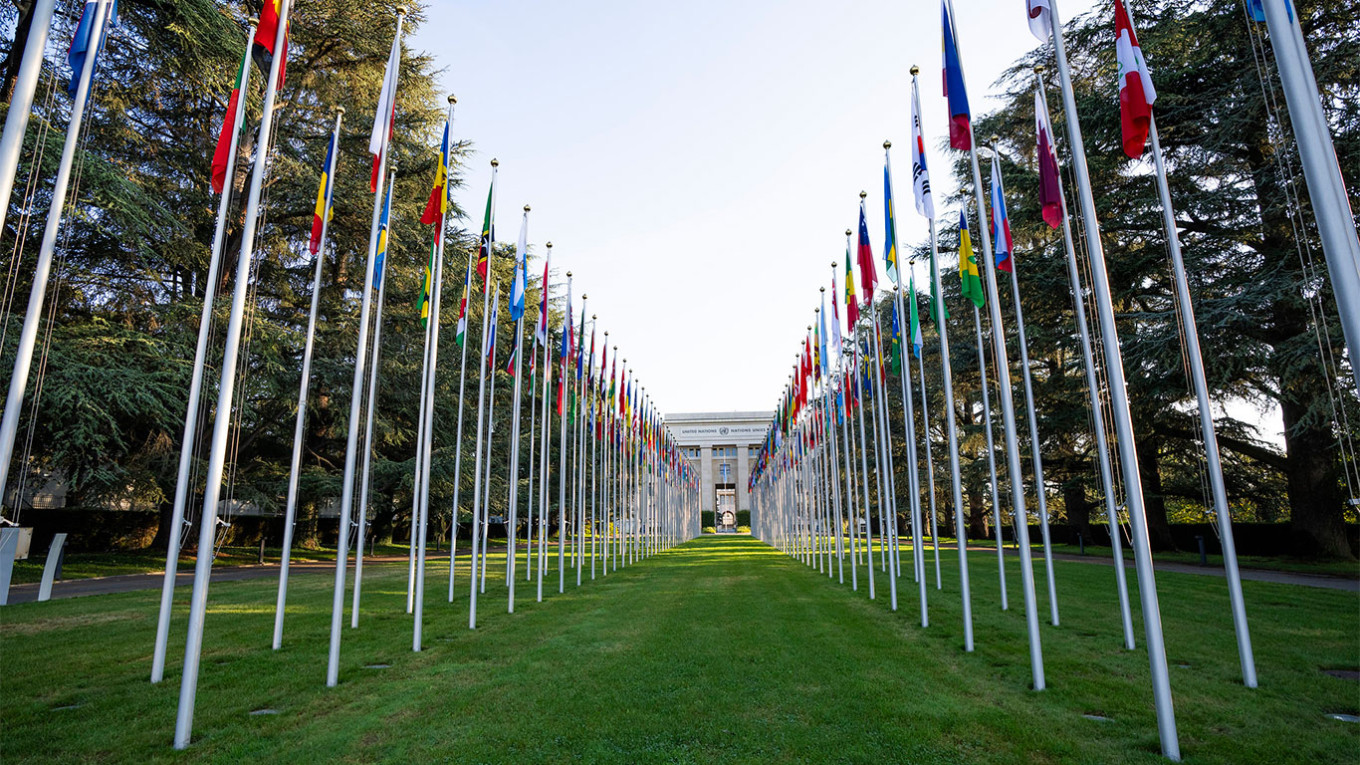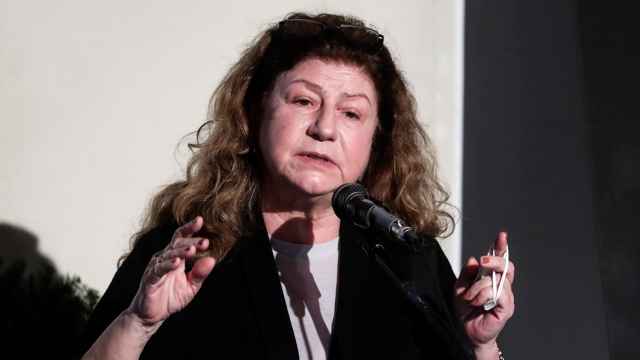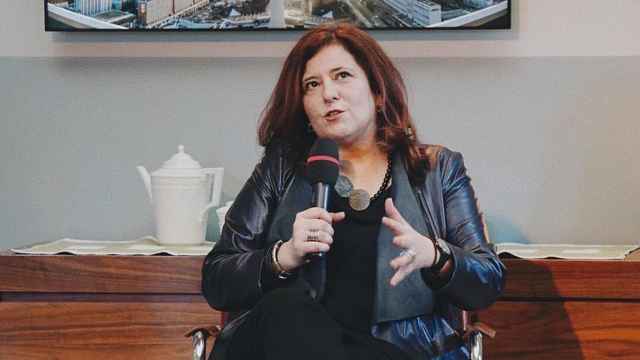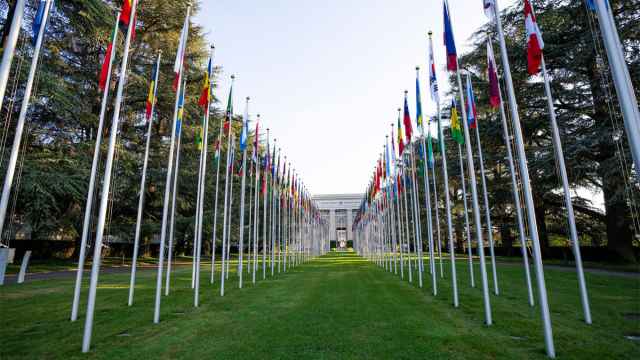Russian foreign policy has always devoted considerable attention to the UN Human Rights Council (HRC), especially considering how relevant the issue has become amid mounting authoritarianism under President Vladimir Putin’s regime. While Moscow regularly dismisses the HRC as a platform where Western countries criticize Russia, it is now seeking re-election to the body, which it was expelled from last year after invading Ukraine. Considering the tools Russian diplomats have at their disposal, I think they will be successful in these efforts.
Having a seat on the HRC allows Russia to both respond to Western criticism and receive support from other countries that have a similarly loose definition of human rights. In Russia’s view, human rights is an affair for each country to address on its own, and outside influences must not interfere in this process. This view has been welcomed by other states like China that have had similar difficulties in respecting basic human rights. Beijing even went one step further than Moscow and declared that it has its own understanding of human rights that differs from the principles outlined in the 1948 Universal Declaration of Human Rights.
In this way, Russia's expulsion from the HRC crippled Moscow’s ability to promote its relativist worldview among its sympathizers and allies. It also lost the opportunity to block decisions pushed through by its adversaries — Ukraine and the West — such as the appointment of a special rapporteur to investigate human rights abuses in Russia.
It’s no surprise, then, that as the next HRC elections approach the Kremlin is working hard to forge a coalition that would back its candidacy. Despite its tarnished reputation and limited resources, Russian diplomacy still manages to achieve some degree of effectiveness.
The most powerful tool Russian diplomats have at their disposal is their ability to promise assistance to the Global South — with money, weapons, mercenaries and other services provided to corrupt elites, such as help laundering money from human trafficking and the drug and weapons trades. These countries will back Russia's candidacy to rejoin the HRC in exchange for these services
Meanwhile, Russian state propagandists will portray the country’s return to the council as a great triumph. They will say Russia is not in fact isolated, and that the West has been humiliated again by seeing that the international community is on Russia’s side. Returning Russia to the HRC will legitimize the Kremlin’s claim that its aggression is a justified response to the supposed genocide of Russian speakers in eastern Ukraine. In turn, this will further divide the UN over its response to the war in Ukraine.
All this clearly demonstrates how little respect there is for UN-recognized human rights and freedoms. The fact that so many countries willingly accept aid from a warmongering country, accused of some of the most serious crimes against humanity, shows they increasingly see human rights as the luxury of a prosperous West that is divorced from reality.
This view is supported by the inconsistency, or rather hypocrisy, of the West. Though it has taken up the role of the world’s defender of human rights, it upholds them quite selectively. It criticizes Russia, China and Myanmar as it maintains relations with regimes like Saudi Arabia, Egypt and Turkey — all countries with a poor record on human rights. Most recently, when Azerbaijan’s dictatorial President Ilham Aliyev forced tens of thousands of Armenians to flee from the threat of genocide in Nagorno-Karabakh, the West barely uttered a word.
This hypocrisy has led the countries of the Global South to come to the conclusion that human rights are not in fact universal principles. Instead, they see them as a political tool with which the West — especially the United States — seeks to use for its own political purposes. Therefore, the attitude of the Global South toward this framework, as well as the West’s desire to impose it, is starting to sour. The West would do well to understand that this divisive tactic is all part of Russia’s plan.
A Message from The Moscow Times:
Dear readers,
We are facing unprecedented challenges. Russia's Prosecutor General's Office has designated The Moscow Times as an "undesirable" organization, criminalizing our work and putting our staff at risk of prosecution. This follows our earlier unjust labeling as a "foreign agent."
These actions are direct attempts to silence independent journalism in Russia. The authorities claim our work "discredits the decisions of the Russian leadership." We see things differently: we strive to provide accurate, unbiased reporting on Russia.
We, the journalists of The Moscow Times, refuse to be silenced. But to continue our work, we need your help.
Your support, no matter how small, makes a world of difference. If you can, please support us monthly starting from just $2. It's quick to set up, and every contribution makes a significant impact.
By supporting The Moscow Times, you're defending open, independent journalism in the face of repression. Thank you for standing with us.
Remind me later.








